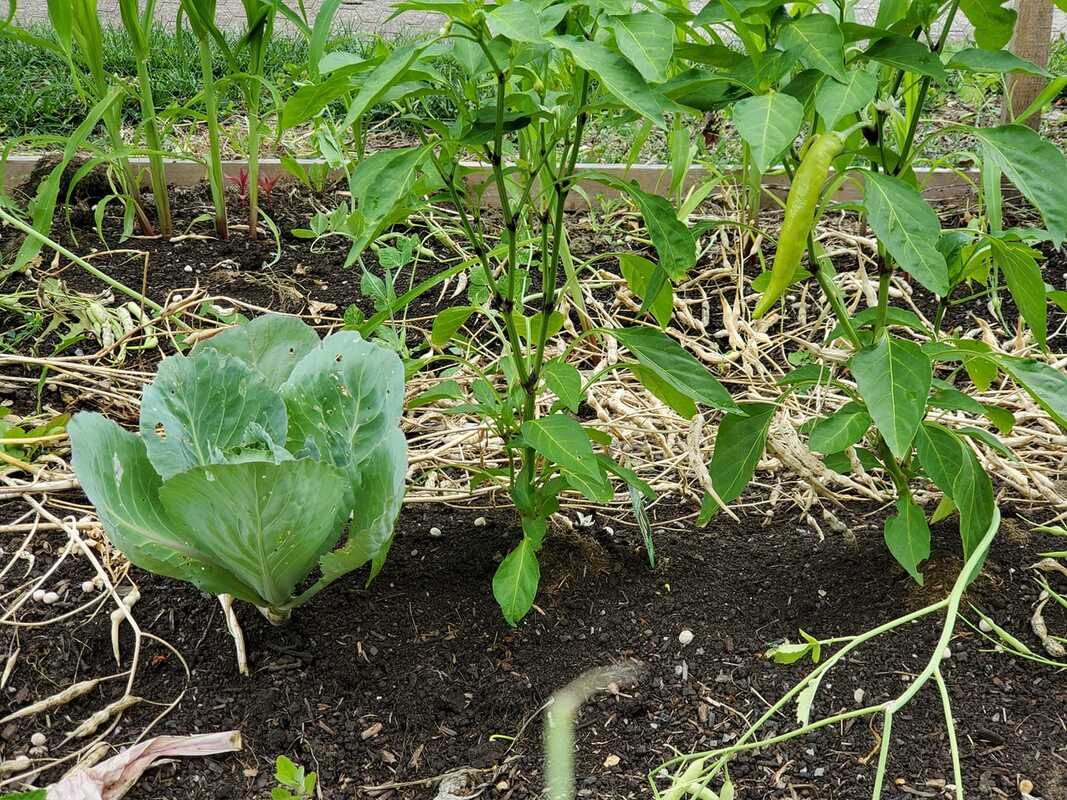
Listening: NatGeo Earth Day 202, The Seed, Aurora
“Only when the last tree has died, and the last river has been poisoned, and the last fish has been caught will we realize that we cannot eat money.” ~Quotation regularly attributed to Chief Seattle
Chief Seattle, Si’ahl (1780-1866), often called “The Big One” because of his tall stature, was a member of the Duwamish/Suquamish people who is most famous for a speech he gave being ecologically responsible. He was born on the Black River, and was a Roman Catholic who addressed relations between Native Americans and European settlers. Today a club named in his honor provides “sacred space to nurture, affirm, and renew the spirit of urban Native people.”
Aurora Aksnens is a Norwegian singer-songwriter who has been active since 2012. She released the album, “A Different Kind of Human (Step 2)” in 2019, which featured the songs Animal, The River, the title track, and The Seed. Also in 2019, she sang the film Frozen 2’s theme song, Into the Unknown, which brought her international attention. Aurora said, in an interview, about The Seed: “It’s representing my personal fire inside of me because I’m very passionate about saving the planet. It’s about human history, about how we’ve co-existed in the world and how we’ve forgotten how to live with nature and the power we have. It’s a very sad story, a very sad side of the story of humankind. It was a good way to end the album, to fuel the fire in people and to speak louder, about how we have to learn to exist with everything again. That’s why I figured out it’s a good way to end it all. Or this chapter, at least. The next one is already in the making!”
The lyrics to “The Seed” noticeably originate in Chief Seattle’s best-known quotation (above):
Just like the seed
I don't know where to go
Through dirt and shadow I grow
I'm reaching light through the struggle
Just like the seed
I'm chasing the wonder
I unravel myself
All in slow motion
Mmh mmh mmh
You cannot eat money, oh no
You cannot eat money, oh no
When the last tree has fallen
And the rivers are poisoned
You cannot eat money, oh no
You cannot eat money, oh no
You cannot eat money, oh no
When the last tree has fallen
And the rivers are poisoned
You cannot eat money oh, no
Oh no
Suffocate me
So my tears can be rain
I will water the ground where I stand
So the flowers can grow back again
'Cause just like the seed
Everything wants to live
We are burning our fingers
But we learn and forget
Mmh mmh mmh
You cannot eat money, oh no
You cannot eat money, oh no
When the last tree has fallen
And the rivers are poisoned
You cannot eat money, oh no
You cannot eat money, oh no
You cannot eat money, oh no
When the last tree has fallen
And the rivers are poisoned
You cannot eat money, oh no
Oh no
Feed me sunlight, feed me air
Feed me truth and feed me prayer
Feed me sunlight, feed me air
Feed me truth and feed me prayers
Mmh mmh mmh
You cannot eat money, oh no
You cannot eat money, oh no
When the last tree has fallen
And the rivers are poisoned
You cannot eat money, oh no
You cannot eat money, oh no
You cannot eat money, oh no
When the last tree has fallen
And the rivers are poisoned
You cannot eat money, oh no
Oh no
Music educators can use popular songs, like The Seed, to ask questions that matter, to cultivate eco-literacy. What is the role of money in our current ecological crises? Historically, making money has required people to chop down trees, to poison rivers, and has led to fish population collapses; and today these continue, but also server farms poison the soil, and even our daily food is shipped across the globe at great ecological cost, and global billionaires have the greatest ecological footprint (according to Oxfam, the top 10% of people produce half of the consumption-based fossil fuel emissions)—is there a way to make money sustainably? Or was Chief Seattle pointing humanity toward a different way of being; a different relationship with Mother Earth, one that considers money-making second, and sustainability first?
But we too often feel we cannot do much about global billionaires. In fact, though they are the bulk of the problem, we often see the biggest global polluters, like Bill Gates, Jeff Bezos, and Richard Branson, getting awards and accolades online and on television for the tiny bit (percentage wise) they do in the form of environmental philanthropy. But, as Aurora’s song can remind us, we the peoples of earth can become a seed. “Through dirt and shadow I grow\ I'm reaching light through the struggle\ Just like the seed\ I'm chasing the wonder.” And here is where musicking flourishes. Not in large-scale philanthropy-as-profit, but in small-scale, grassroots, diverse local actions. Music teachers and students-as-community-members can use their diverse ways of musicking, their teaching and learning, in transformative ways to resist ecological destruction, resist narratives that place us outside-of-nature, and to show humanity diverse and sustainable ways forward. Because none of us are outside-of-nature. We are nature. After all, as Chief Seattle taught us so long ago, we cannot eat money.
DS
 RSS Feed
RSS Feed
